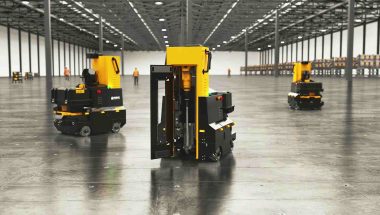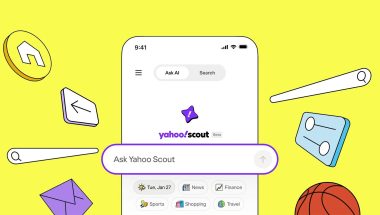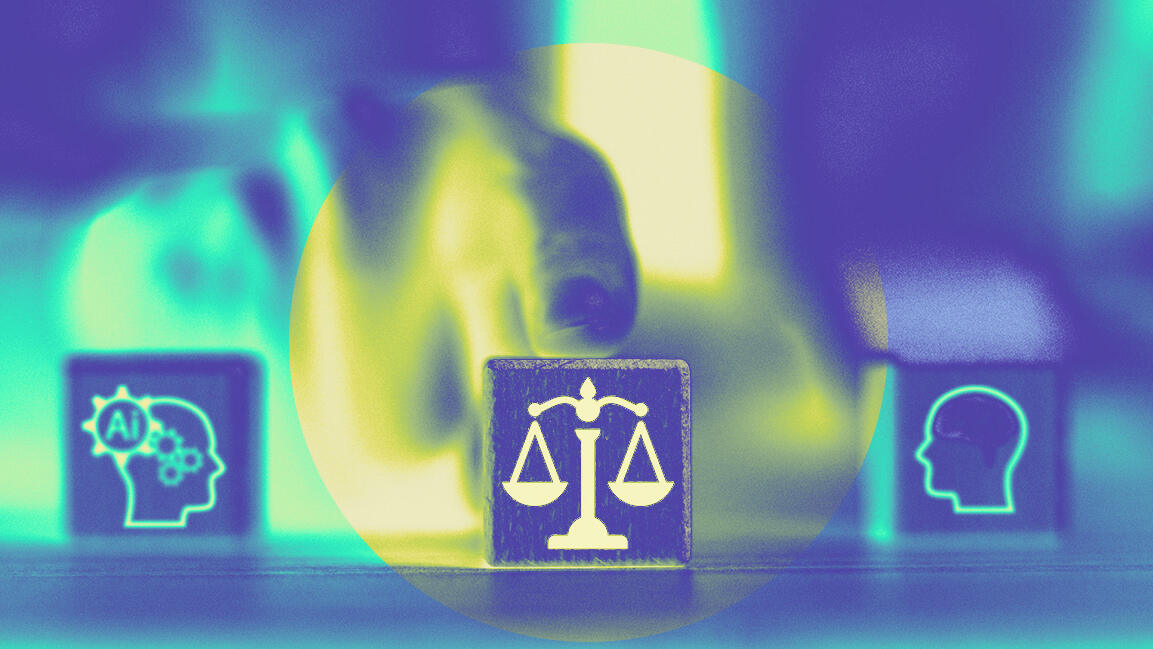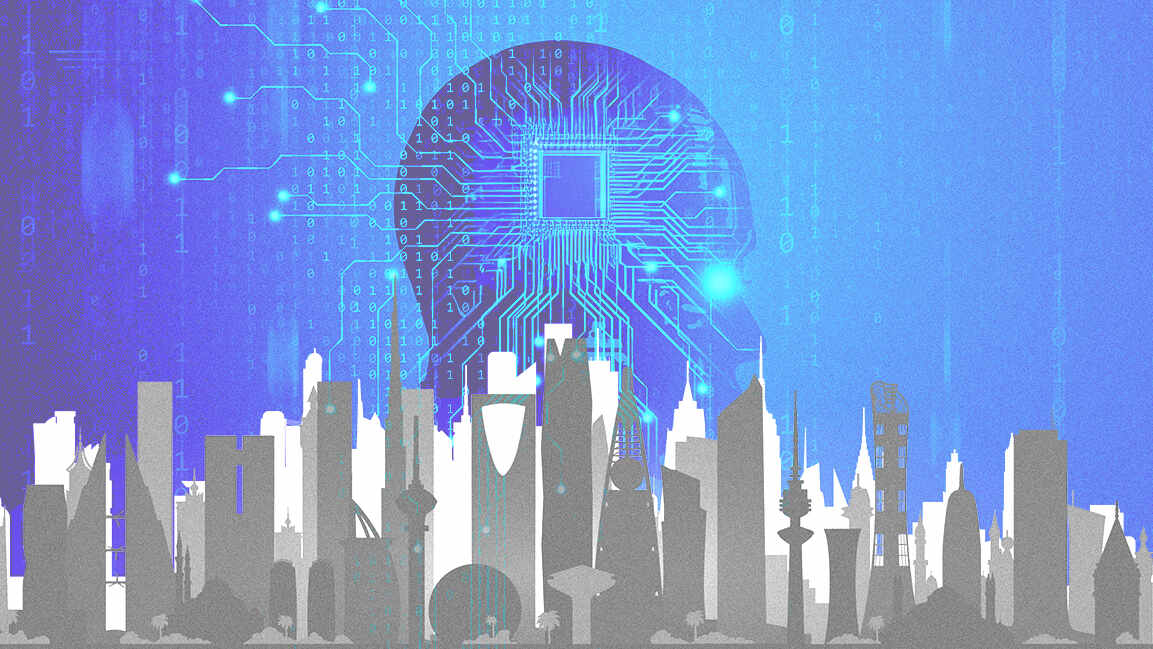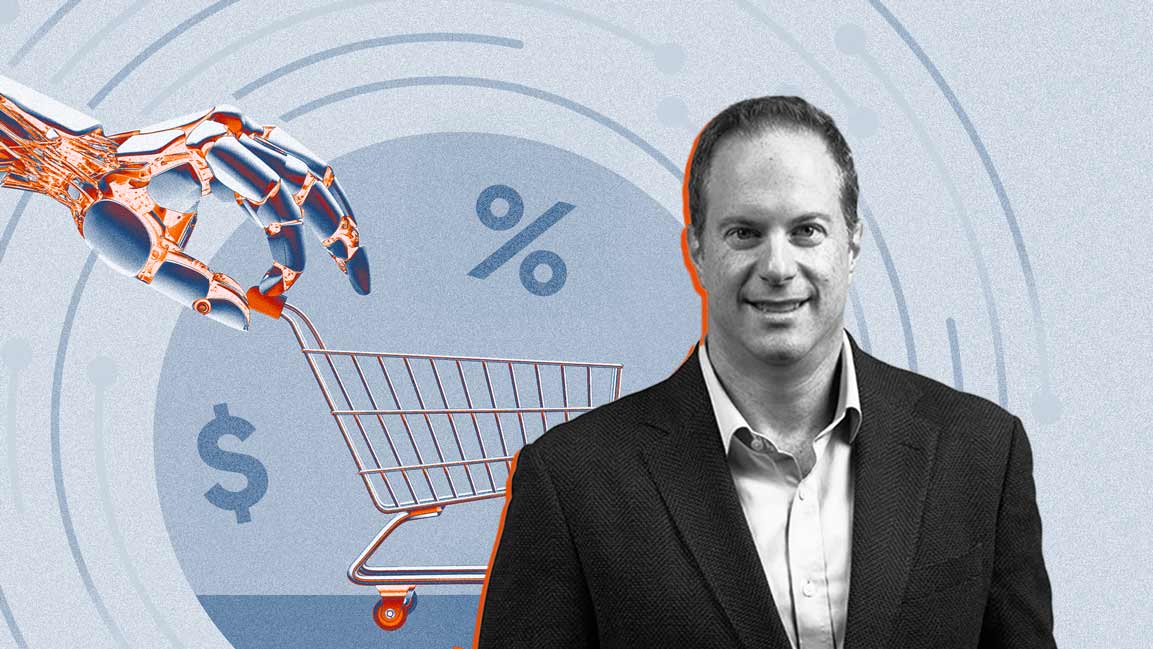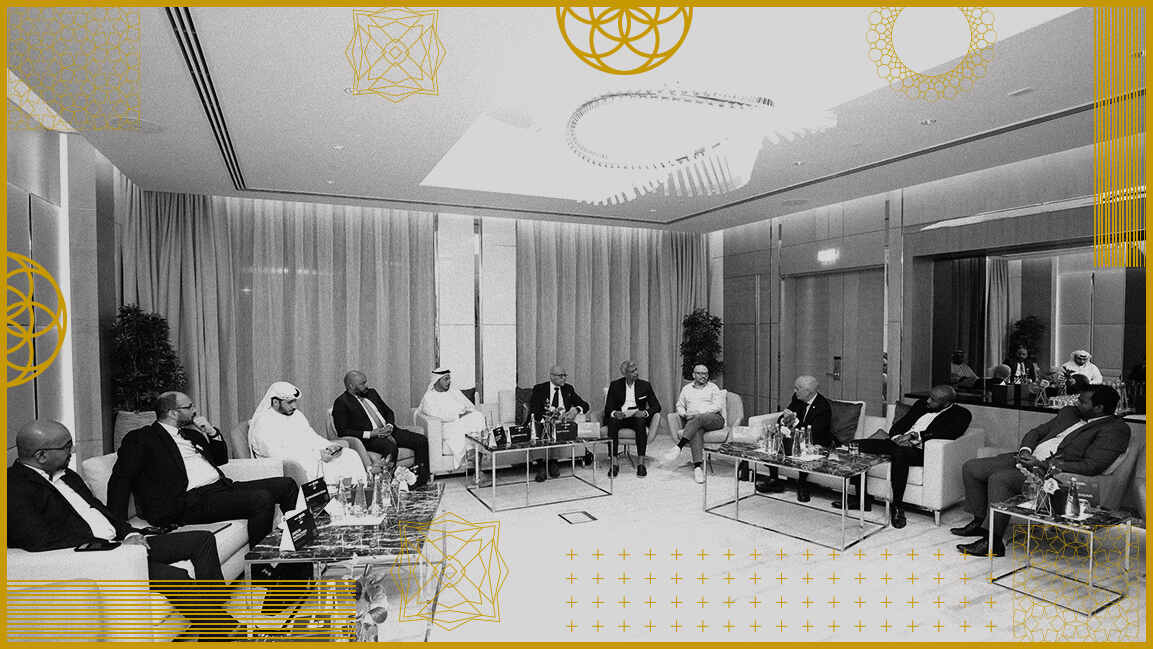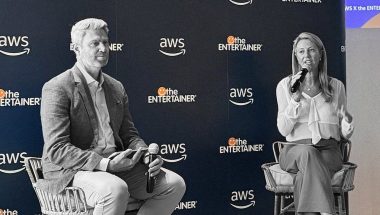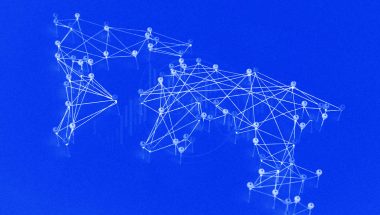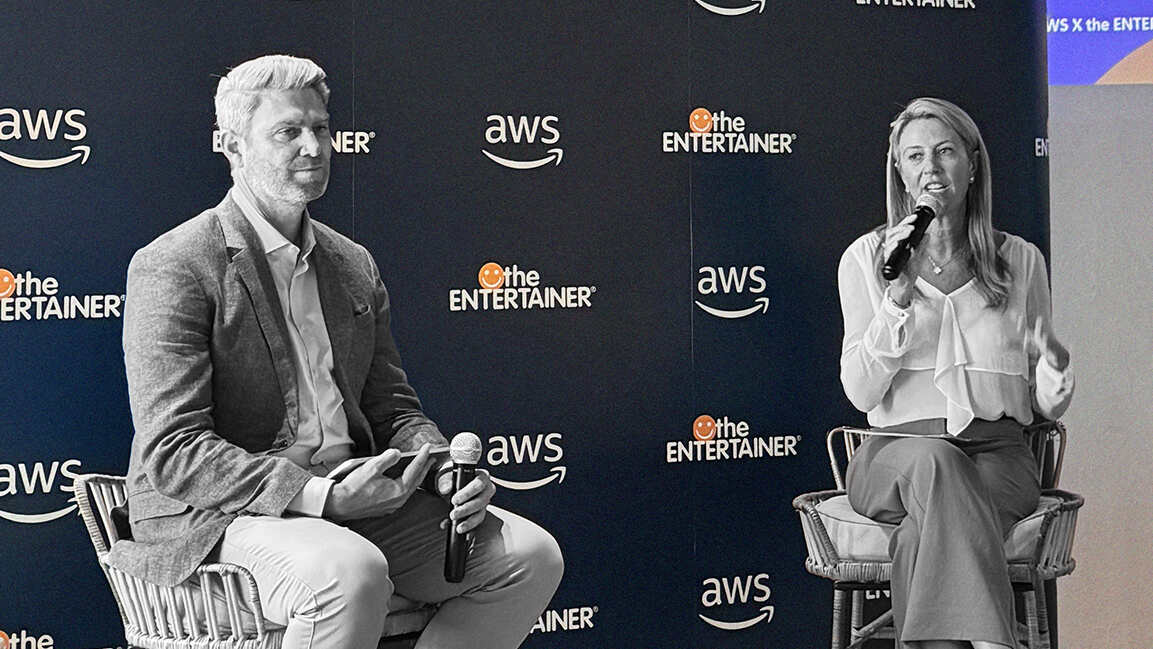This is how to stay relevant at work in the age of AI
With technology moving faster than ever, young talent enrolled in the Forward program, a free learning journey by McKinsey, are building must-have future of work skills

Over the past few years, the workplace and the workforce have been transforming rapidly, and lately, AI has entered the mainstream conversation. Technology is accelerating — and the workforce must keep up.
As an unprecedented 1.8 billion visitors per month access ChatGPT, it is an understatement to say AI will have incredible reach and opportunity for us in the future of work.
As AI evolves, those who absorb and master it quickly are at more of an advantage. Still, distinctly human skills, like executive functioning and leadership, will remain the most valuable regardless of the technology available.
Maryam Yousuf, a young Emirati senior researcher in space science, says AI’s rapid progress has profoundly impacted her role as a scientist and data analyst.
“AI is gradually taking over repetitive tasks, like data organization, visualization, and summarization. But my human touch will remain vital for creativity, critical thinking, and ethical considerations in data analysis.”
Leaning into uniquely human skills takes conscious effort, while AI tools are meant to make our lives easier.
The relentless march of technology doesn’t come without concerns. What kind of skills will we need? How can we use AI to our advantage? And is there anything we can do to be prepared for the future of work?
The World Economic Forum declared that the workforce needs to undergo a reskilling revolution. But, many organizations lack a cohesive reskilling strategy.
The latest training for most in-demand skills is not readily available for everyone, even though all organizations need those skills.
Part of the solution could lie in the hands of employers that have relevant knowledge and content that could help equip professionals beyond the walls of its organization and clients.
Forward, is a free, five-month online learning journey offered by McKinsey & Company, in which more than 250,000 young professionals have enrolled over the last two years. The program is available across Africa, the Middle East, Pakistan, Turkey and Azerbaijan. It equips young talent with critical leadership, business, and digital literacy skills that are relevant and transferable across industries and roles, leveraging insights from McKinsey’s future-of-work research and its experience with adult learning.
“Forward offers a combination of digital content, real-time virtual workshops with McKinsey experts, and several peer-learning activities,” says May Wazzan, who leads the program at McKinsey & Company.
She adds that Forward integrates modules on adaptability, resilience, problem-solving, effective communication, digital transformation, design thinking, agile, and more.
AI’S IMPACT IS ALREADY FELT
Yousuf, a Forward program learner, says she now delegates specific tasks to various AI models, which frees up her time for going into higher-level analysis and participating in decision-making. “I can derive conclusions from vast datasets in a much more efficient and insightful way,” she adds.
Undeniably, AI is changing the way we live and work. A new McKinsey report states that generative AI can give workers “superpowers.”
Generative AI can help improve jobs, accelerate IT coding and testing processes, and optimize product simulations and design for higher quality.
Wazzan says, potentially, around 60%-70% of our current work activities may become automated. “Instead of pursuing several degrees, learning on the job and obtaining frequent skill-based credentials will likely have more value.”
Individuals and organizations must be prepared, not merely reacting to challenges as they arise but proactively getting ready to make the best of the situation. “Adaptability is a meta-skill and a mindset. It involves cultivating a willingness to learn and knowing when and how to apply that learners’ mindset,” she adds.
The importance of acquiring AI skills to ensure future employability is a major need expressed by the Forward participants program.
Adaobi Oduenyi developed a deep love for technology and marketing while working in the healthcare sector. The more she learns about AI, the more she feels it can help her to be more effective in her role, which involves managing and growing communities.
“It gives me more time to focus on the strategic part of my role by automating specific tasks like project management, managing queries via chatbots, content moderation, and data analysis. ChatGPT has even helped me analyze the sentiments in the feedback from the communities I manage.”
Anas Ali, a Sudanese living in Saudi Arabia, believes AI use cases in his profession, both computer science and data analytics, will grow exponentially but are more likely to fall under human aiding rather than human replacement.
“Tasks like project monitoring and the associated assessment of risks, proposed AI could take over mitigation plans, or prediction and prevention plans,” says Ali, who has already experimented with building his own generative AI product, which got exhibited in different global technology events.
GOING BEYOND AI
The world will only get more technology-dependent. While AI tools make our lives easier, algorithms and their business models help make more accurate predictions, to get the best results from automation, higher levels of investment in human capabilities are needed.
There are skills that machines won’t have, and, as Wazzan says, are uniquely human skills. “After all, we will all spend more time on the communication, collaboration, and relationship-building aspects of our roles, which AI can’t replace.”
“Forward focuses on the essential human skills and relevant mindsets that will help young talent operate in an increasingly digital environment, add value beyond what can be done by AI, and continually adapt to new occupations and ways of working,” she adds.
In short: there’s a need to invest in people, training them to lead themselves and others, not just using digital tools.
“As a person with a technical background,” Ali says, “Soft skills have not been pivotal in my education. However, getting into a business environment, I understood their importance. There are limitations to AI when it comes to soft skills such as empathy, intuition, emotional intelligence, and ethical decision-making. These qualities are crucial in any leadership role.”
RESILIENT LEADERS FOR RESILIENT ORGANIZATION
The business environment is shifting, impacting operations and the workforce.
“It is widely recognized that investing in people’s capabilities is crucial, but recent surveys reveal that only 5% of leaders believe their organizations have the capabilities needed to remain competitive,” says Wazzan.
How organizations respond to the current job market’s challenges is crucial.
Building digital skills in the workforce is essential. However, Wazzan says, “They are not sufficient on their own. In this context, resilient organizations need self-aware people who can ask the right question, think on their feet, be agile, collaborate, and communicate effectively. Those are skills that can be taught and cultivated.”
PRACTICAL SKILLS APPLIED IN REAL-WORLD SCENARIOS
Delivered in an interactive, virtual format, the Forward program begins with exploring foundational skills, then applying them to case studies based on real-world scenarios. At the end of the program, one receives a McKinsey Forward digital badge and joins an exclusive global network of young, life-long learners.
We might still need a university education, but programs like Forward that help to apply skills to real-world work scenarios are helpful.
Oduenyi values how university education provides a solid foundation of knowledge, but practical applications in programs like Forward bridge the gap between theory and practice, she says.
“It empowers recent graduates with the skills and confidence to excel in real-world work scenarios, make more informed decisions and adapt to changing work dynamics and complex situations.”
For Yousuf, another benefit is leveraging the power of networking and collaboration in interpersonal programs like Forward.
“It enhances personal and professional growth and cultivates a supportive community that can offer mentorship, guidance, and long-term career opportunities, creating a distinct advantage over the limitations of AI in fostering human connection and collaboration.”
Whatever the future holds for the world of work, one thing is certain — we won’t be seeing the end of new technology; being a life-long learner and continuously developing new practical skills is key to succeeding in a competitive and fast-changing world of work.
“In my field, the risk of being obsolete is my ongoing motive and drive,” says Ali. “The digital breakthroughs are pushing me to pursue new skills and find opportunities to practice them even if they are not part of my current job or role.”










